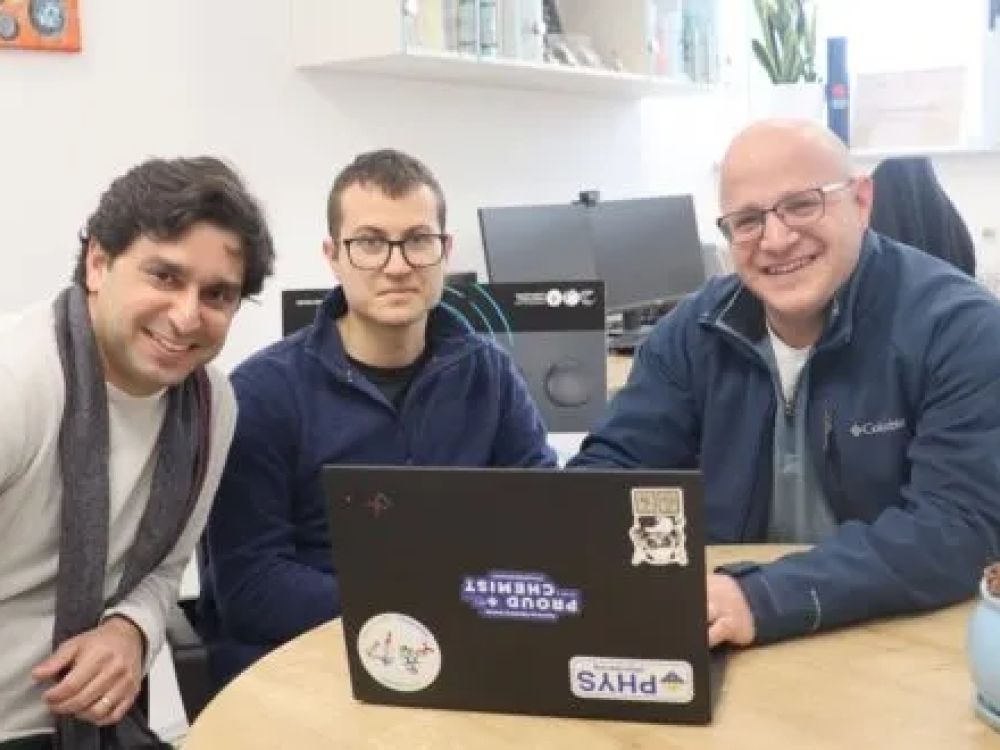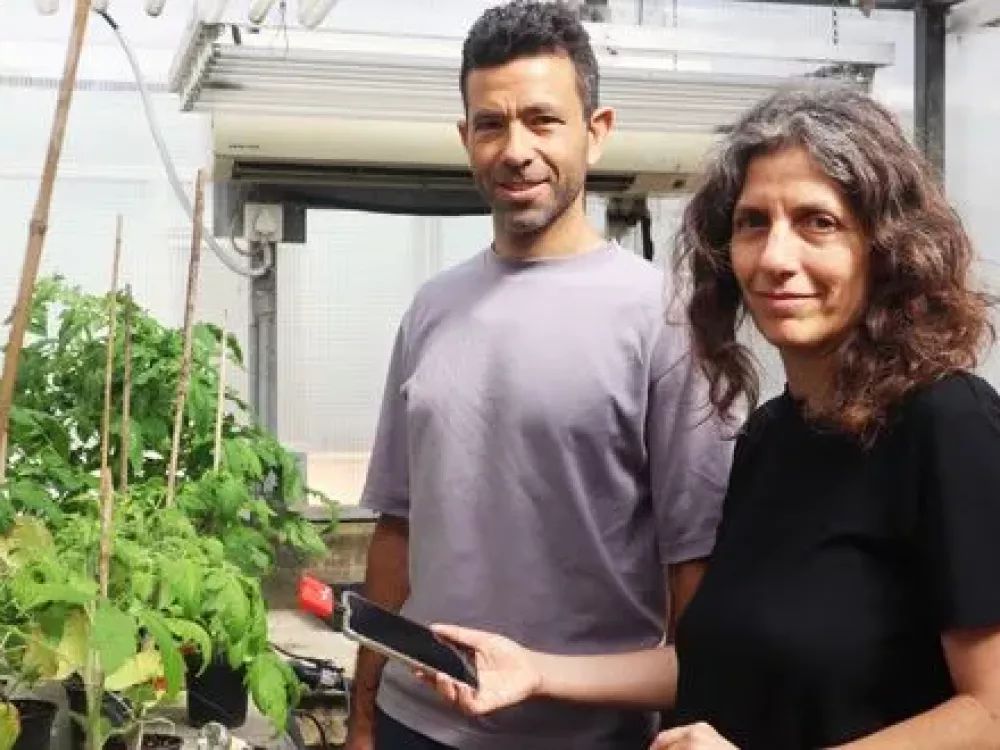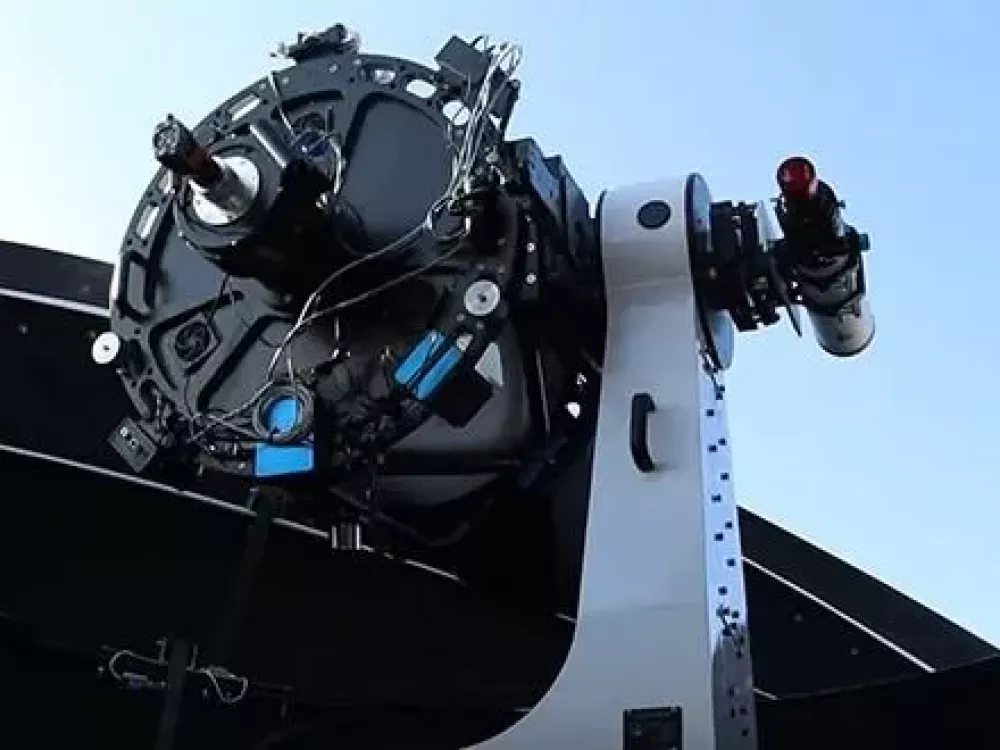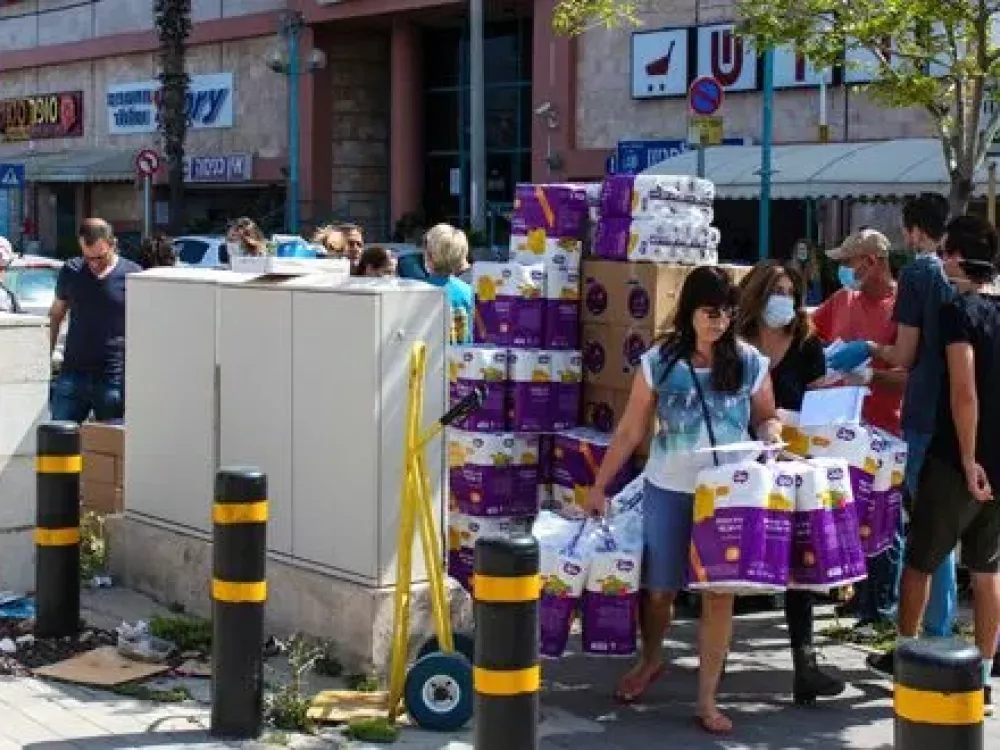A new study from Tel Aviv University discovered that a common practice in Information Technology can also be applied in chemistry. Researchers found that to enhance the sampling in chemical simulations, all you need to do is stop and restart. The research was led by Ph.D. student Ofir Blumer, in collaboration with Professor Shlomi Reuveni and Dr. Barak Hirshberg from the Sackler School of Chemistry at Tel Aviv University. The study was published in the journal Nature Communications.
If We Could Turn Back Time
The researchers explain that molecular dynamics simulations are like a virtual microscope. They track the motion of all atoms in chemical, physical, and biological systems such as proteins, liquids and crystals. They provide insights into various processes and have different technological applications, including drug design. However, these procedures can only depict events slower than one-millionth of a second, so they can’t show slower processes like protein folding or crystal nucleation. This limitation, known as the timescale problem, is a great challenge in the field.
Ph.D. student Ofir Blumer: “In our new study we show that the timescale problem can be overcome by stochastic resetting of the simulations. It seems counterintuitive at first glance – how can the simulations end faster when restarted? Yet, it turns out that reaction times vary considerably between simulations. In some simulations, reactions occur rapidly, but other simulations get lost in intermediate states for long periods. Resetting prevents the simulations from getting stuck in such intermediates and shortens the average simulation time”.
The researchers also combined stochastic resetting with Metadynamics, a popular method to expedite the simulations of slow chemical processes. The combination allows greater acceleration than either method separately. Moreover, Metadynamics relies on prior knowledge. To speed up the simulation, it’s essential to know the reaction coordinates. The combination of Metadynamics with resetting reduces the dependency on prior knowledge significantly, saving time for practitioners of the method. Finally, the researchers showed that the combination provides more accurate predictions of the rate of slow processes. The combined method was used to enhance simulations of a protein folding in water successfully and it is expected to be applied to more systems in the future.









